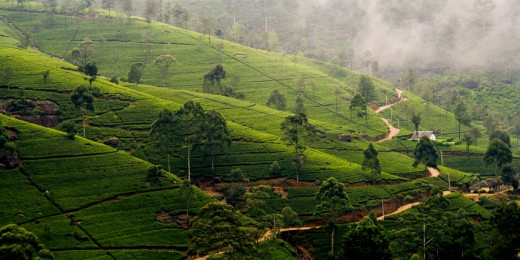January 6, 2012
Ecology is the scientific study of the relationships between living animals, plants, and other organisms and their environment. The environment is cat ......
December 3, 2011
In the mid-Twentieth Century a major theoretical concept rose in popularity in anthropology and other social studies known as cultural ecology theory. ......
November 19, 2011
Cultural ecology anthropology, or more commonly shortened to cultural ecology, is a subfield of study in anthropology. It began in the middle 1950s wi ......
Copyright 2012 by nacce










